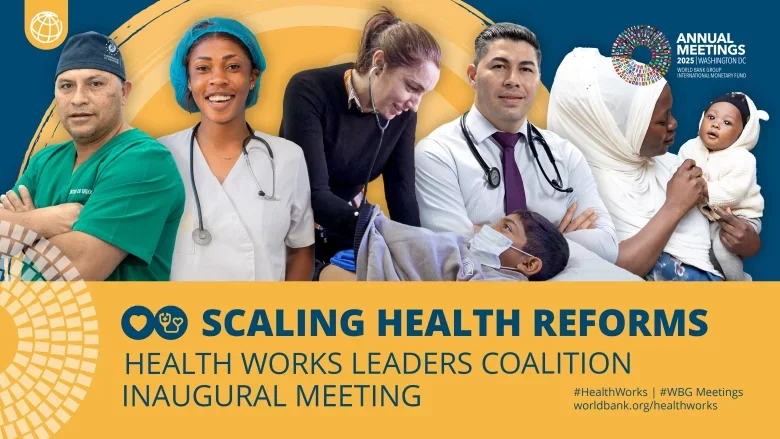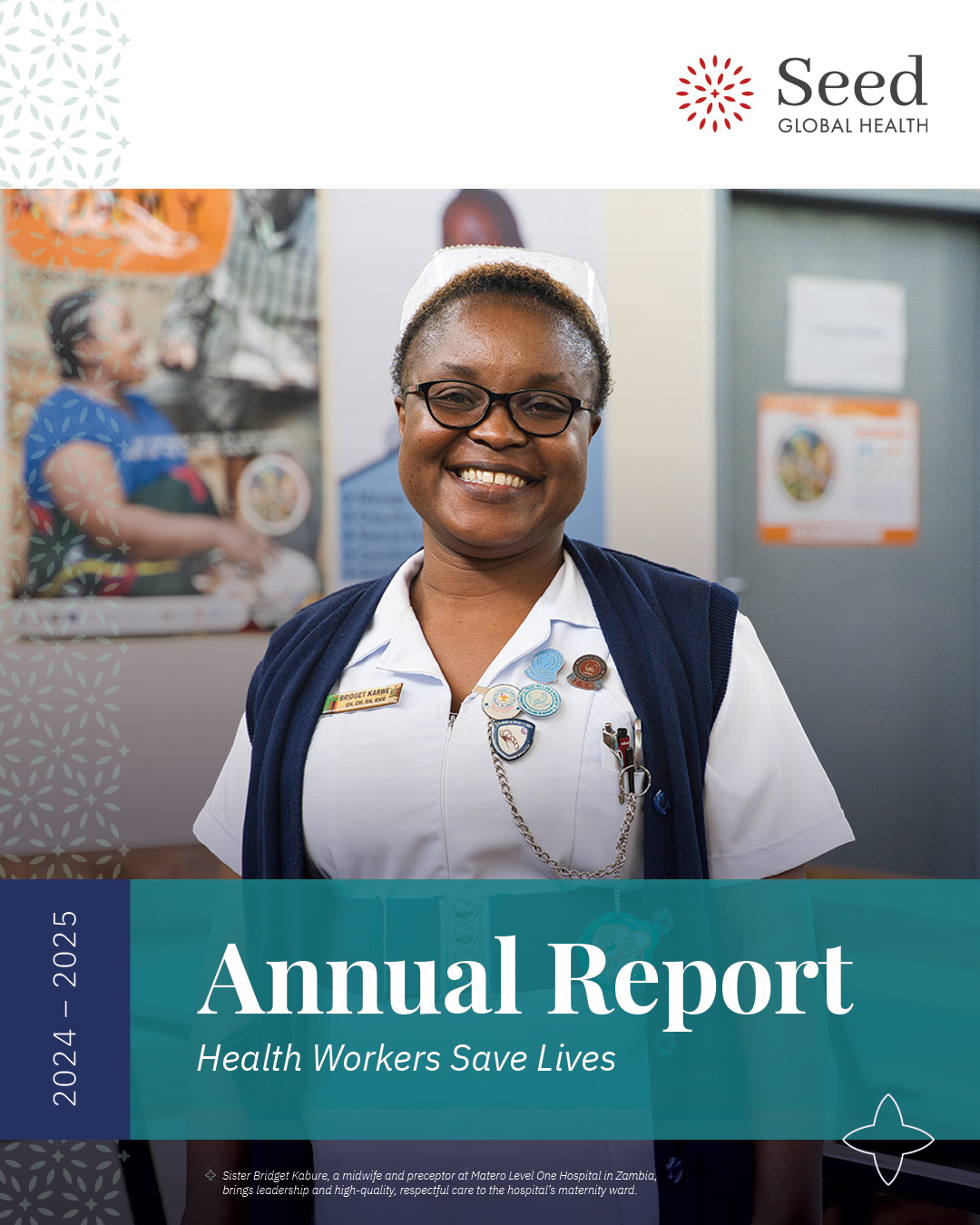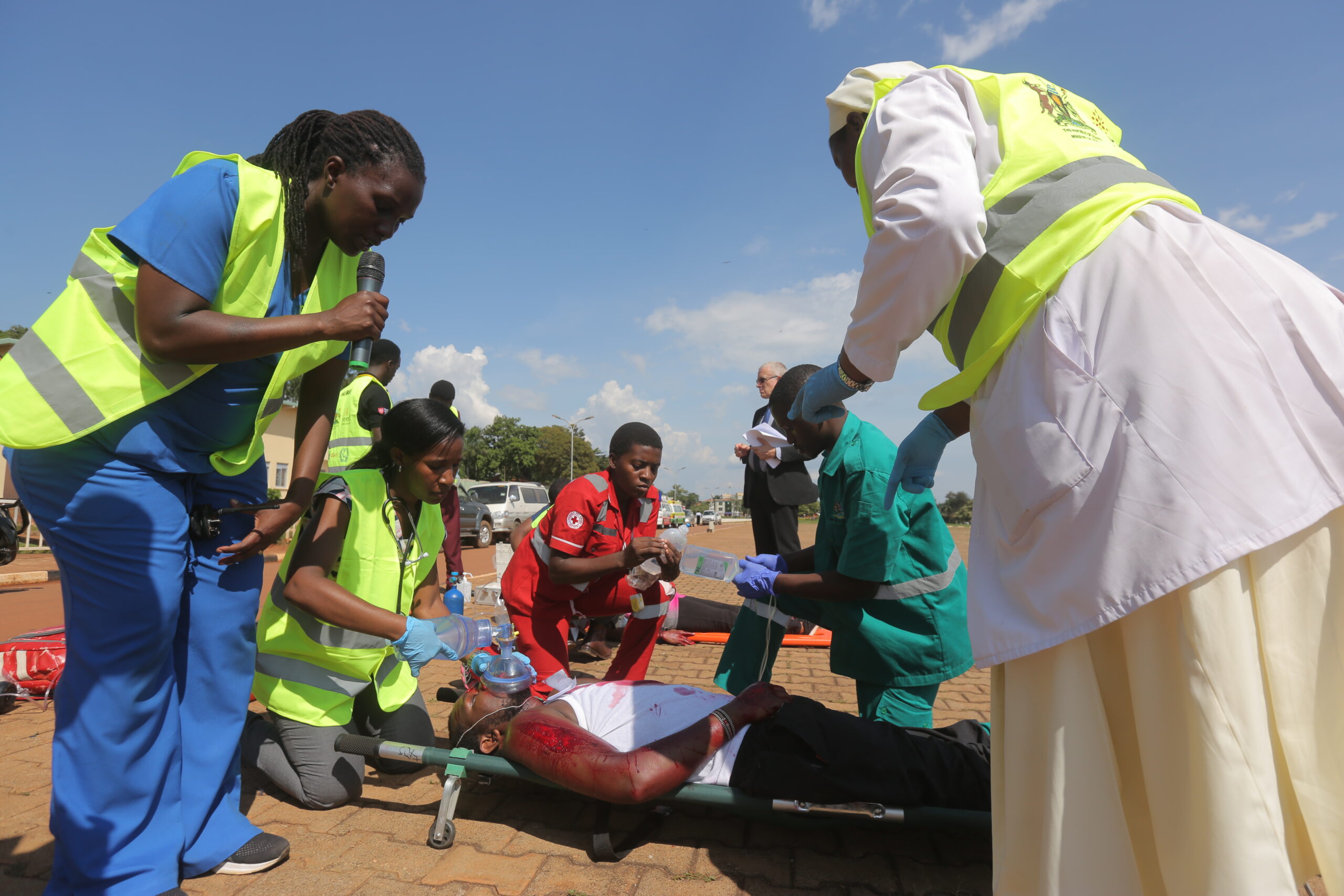
New Study Finds Virtual Learning and Telementoring are Effective Means to Scale Emergency Medicine Knowledge and Service Delivery in Uganda
Seed Global Health and the Uganda Ministry of Health Publish Findings on the Uganda Emergency Medicine Services ECHO program in the African Journal of Emergency Medicine
A new article published by Seed Global Health and the Uganda Ministry of Health (MOH) in the African Journal of Emergency Medicine states that virtual learning and telementoring can be used successfully to improve health worker knowledge and skills and multiply the number of emergency care professionals in the country.
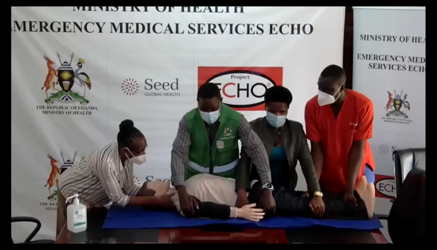
In low- and middle-income countries (LMICs), a strong emergency care system is a proven and cost-effective way of reducing preventable deaths and disabilities. However many LMICs, like Uganda, face a shortage of health workers trained in emergency medicine.
Seed Global Health and the Uganda MOH launched the Emergency Medical Services (EMS) ECHO program in November 2021 to scale emergency expertise across the country. ECHO is a licensed and trademarked telementoring program, founded by the University of New Mexico in 2003, that brings together health workers and subject matter experts virtually “using videoconference technology, brief lecture presentations, and case-based learning, fostering an ‘all learn, all teach’ approach.”
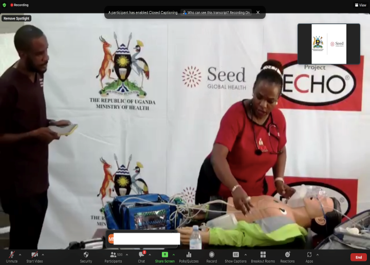
The article describes the steps Seed and the MOH took to set up the EMS ECHO program in a resource-limited setting to improve emergency care knowledge and service delivery. Seed and MOH colleagues conducted a mixed-methods evaluation of the EMS ECHO program and found that it improved health worker knowledge and skills, and the development of a virtual community of practice, which helped diminish feelings of professional isolation among health workers.
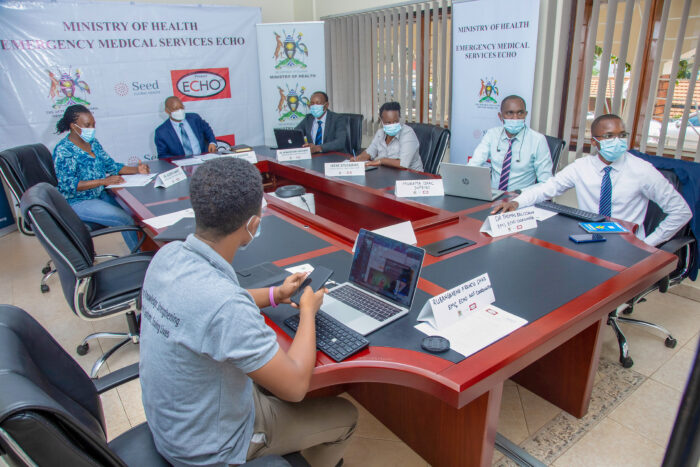
About Seed Global Health’s Emergency Medicine Partnership in Uganda
Over the last five years, Seed Global Health has partnered with the MOH to help build Uganda’s emergency medicine specialty by training and graduating the country’s first ever emergency physicians in 2021. Through our partnership, we also have helped develop national emergency medical services policies, guidelines, and standards; provided emergency care training and mentorship by embedding physician and nurse educators at regional hospitals and academic institutions; and streamlined national emergency care referral processes by establishing call and dispatch centers. Launching the Uganda EMS ECHO program with the MOH has enabled us to strengthen the emergency medicine knowledge and skills of nearly 8,000 health workers, including those serving remote communities.
